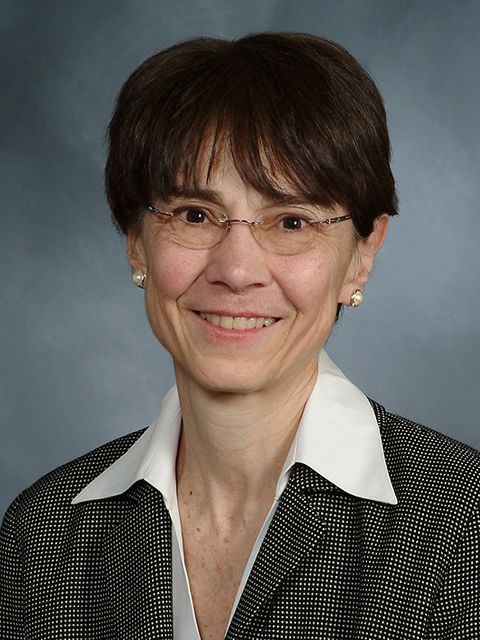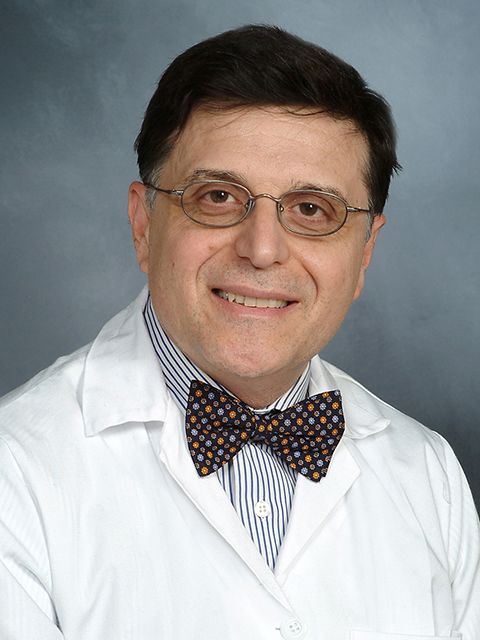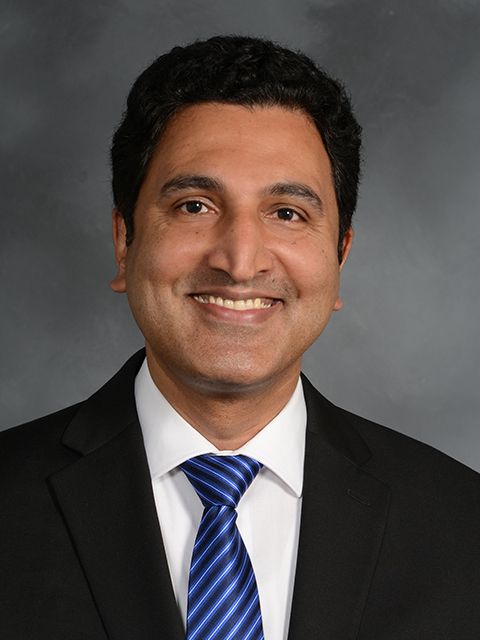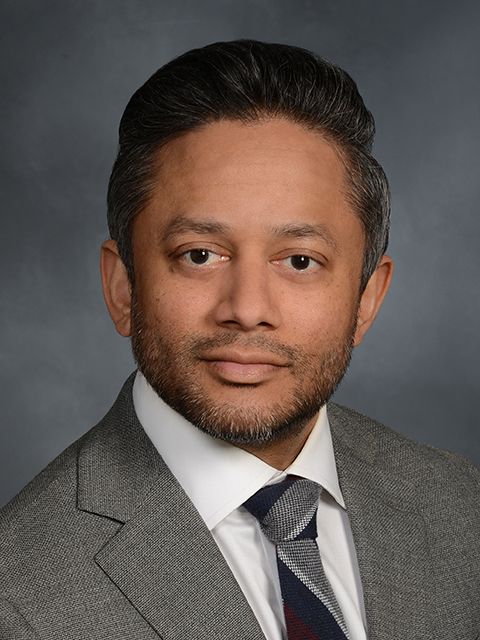The Division of Hematopathology includes 11 faculty members with dedicated subspecialty training and experience in the comprehensive diagnostic evaluation of hematologic disorders, many of whom are internationally recognized for their clinical and research efforts. In addition, the Division employs numerous cutting-edge tools and state-of-the-art modalities for scientific analysis of patient specimens in order to achieve a personalized approach to diagnostics for the diverse patient population of the NewYork-Presbyterian system. . The Hematopathology service takes advantage of various sophisticated techniques, including single and multicolor tissue immunohistochemistry, multicolor flow cytometric immunophenotyping, and integrated molecular diagnostics, with an extensive menu of tests including PCR- and next-generation sequencing-based assay for clonality assessment, pathogenic mutation detection, and minimal/measurable residual disease evaluation. The Division is the largest of its kind in the Tri-State area, and one of only a handful in the country of its size, processing nearly 6,000 in-house specimens and an additional 1,000 in consultation each year. Complex cases are routinely discussed in a Division consensus conference among multiple faculty experts, and also regularly reviewed in dedicated inter-departmental conferences with clinician oncology colleagues with specialty expertise in lymphoma, myeloma, myeloproliferative neoplasms, and myeloid leukemias. All of our faculty are board-certified in anatomic pathology, clinical pathology, hematology-pathology, and/or molecular genetic pathology. Our laboratories are fully accredited by the College of American Pathologists (CAP), the leading advocate of excellence in the practice of hematopathology worldwide.
Guided by the vision and leadership of Giorgio Inghirami, MD, Professor of Pathology and Laboratory Medicine and Vice Chair for Hematopathology, we offer referring physicians the speed and accuracy of results required to meet the needs of their patients. Physicians receive a single, comprehensive, and integrated hematopathology report containing detailed diagnostic and prognostic information. Moreover many of our cases in addition many cases undergo a concurrent molecular and cytogenetic evaluation. We use a systematic comparative evaluation for patients with multiple samples to address specific issues related to disease evolution, progression and response to treatment.
Those seeking a second opinion receive a clear, evidence-based interpretation that considers the patient's clinical presentation and disease history. This approach is especially important in neoplastic pathology of the lymph nodes, bone marrow, and spleen, in view of the complicated diagnostic algorithms necessary to apply the current World Health Organization classification. Our pathologists are available to discuss findings by telephone and often speak with clinicians to discuss a comprehensive interpretation and the full implications of the diagnosis.
Our pathologists are involved nationally and internationally in professional societies and organizations to advance their field. They have also been consistently recognized in New York Magazine's "Best Doctors in New York" issue, Castle Connolly's renowned America's Top Doctors-New York Metro Area Edition, and in the "Super Doctors" list published in the New York Times magazine. They have been extensively published in leading scientific journals. Many have authored the gold-standard pathology textbooks in their areas of expertise and contributed to the last editions and to the upcoming edition of the WHO of the WHO Classification of Tumours of Hematopoietic Lymphoid Tissues.To date, numerous landmark studies and resulting publications on hematologic diseases have received critical contributions from Division faculty; some areas of focus have included neoplasms in immunocompromised patients, virally-associated disorders, and Hodgkin lymphoma, and B- and T-cell non-Hodgkin lymphomas and myeloid neoplasms. The group contributes to several national and international scientific networks/projects, including the Lymphoma/Leukemia Molecular Profiling Project, the Lymphoma Epidemiology of Outcomes (LEO). Several of its members maintain independently-funded research programs and/or are key personnel in multi-institutional program grants awarded by the NIH/NCI and Leukemia & Lymphoma Society.
Division faculty are also uniformly committed to hematopathology education, and the Division offers a highly competitive one-year ACGME-approved Hematopathology Fellowship for trainees who have completed a residency program in anatomic and/or clinical pathology. Pathologists, pathologists in training, and medical oncologists/hematologists may participate in an annual Tutorial on Neoplastic Hematopathology, held each January, designed to update physicians on the latest advances in the field.
Learn more about our Hematopathology Consultation Services








